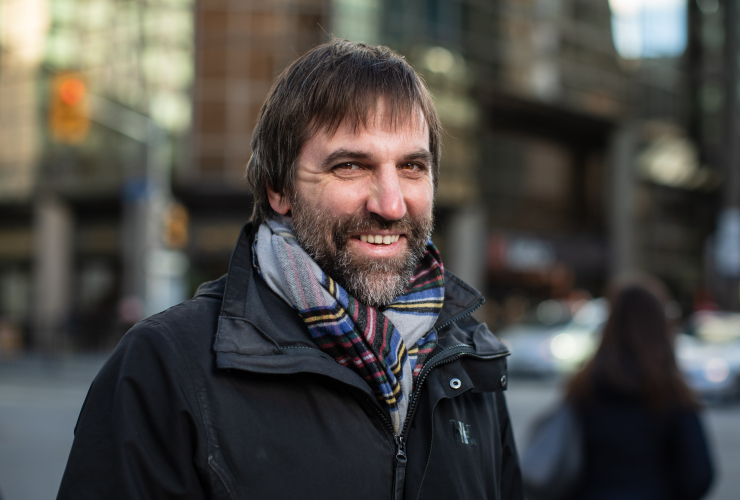Here’s something you can do right now to lower your electricity bill, reduce energy consumption and fight climate change: turn off some lights.
Start with those outdoor porch lights burning in the middle of the day. Maybe the bedside lamp is on even though no one is in bed. What about the light over the stove? No one is anywhere near the kitchen, so turn it off! Conduct the same inventory at night with your outdoor lights.
April 22-30 is International Dark Sky Week, a great opportunity to think about how we can be more environmentally responsible about lighting.
Jennifer Howse is an education specialist at the Rothney Astrophysical Observatory near Calgary. She delights in showing people the beauty of the night sky, something many have never experienced because of light pollution.
“The skies are now lit up with so much LED (light-emitting diodes) blue light in urban areas that I have kids telling me they have never seen the Milky Way” she says. “They live in the inner-city surrounded by artificial light. I think that’s very sad because we lose that connection to the natural world.”
The International Dark-Sky Association (IDA) defines light pollution as the excessive use of artificial light. This includes glare — lights that are so bright they impair vision — skyglow, light trespass and clutter or excessive groupings of bright lights.
Howse says studies show light pollution adversely affects plant, animal, bird, reptile, insect and human health. Plants, for example, measure the dark to know when to set seeds, migrating birds navigate by the stars but can be confused by and crash into brightly lit buildings, reptiles and amphibians forage and mate under cover of darkness, while artificial light at night has been linked to some cancers. “We are all hard-wired to need dark skies at night,” Howse says.
“Blue light comes from the sun and humans do very well with that blue spectrum during the day when we’re alert and working,” she notes. “But it’s unnatural for us to be exposed to that at night.”
While increased light at night gives the illusion of safety, Howse says there is no evidence that it prevents crime.
“I wish the bad guys would go away just by turning a light on,” she says. “It doesn’t work that way. Overly lit areas will not prevent crime and, in some instances, you’re lighting the way for them.”
Howse says outdoor lights should be pointed down to focus on a specific area. “If the light is pointing up, it’s not doing anything except lighting the sky. It’s like watching energy being wasted.” Motion detector lights are a better option since they only come on if someone is in your yard, for example, she says.
“We appreciate light,” Howse says. “We live in a 24-hour society. But the technology is such now that we can live in much greater balance with our natural environment.”
For information on smart lighting and light pollution, check out the International Dark-Sky Association and the Royal Astronomical Society of Canada websites.
One Small Thing is a monthly column about everyday actions we can take right now to help save the planet. You can submit your ideas in the comments section below.






Comments